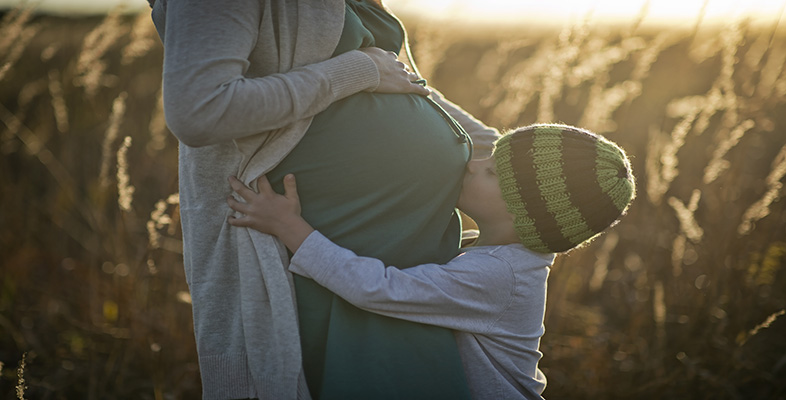Home » Course Layouts » Free Course Layout Udemy
This course explores what parenting actually means, what is meant by quality parenting, how it can be enhanced and promoted, and how services intended to promote quality parenting can be strengthened.
0
59
English
English [CC]
FREE
- Learn basic syntax that can apply to any language.
- Learn what is a programming language and the basic concepts for beginners.
- Understand what is Javascript in it's truest form.
- Know the basic syntax of Javascript.
- Know some hidden quirks in Javascript.
Description
Introduction
In the changing world of family life, parenting itself has come under closer examination. How important is quality parenting, who judges it, and is its provision the sole responsibility of parents – should parents just be left to get on with it? I blame the parents!' How often is that phrase used to explain the ills of society and is it valid? This course, Parenting, will consider how important is quality parenting, who judges it, and is its provision the sole responsibility of parents should parents just be left to get on with it? The course is of interest to anyone who is, might become or works with parents. While working through this course, you will be asked to reflect on your own experience of being parented, on being a parent and on working with parents. We shall also look at how parenting in the UK compares with parenting in other countries. Parenting within different cultures in the UK may vary too, and the course invites you to consider this. Important issues are also raised about parental responsibility, preparation for parenthood, and how quality parenting is defined or assumed. However, we are not primarily concerned here with the psychology of fatherhood and motherhood or the parenting role. Rather, the course takes a broader view. It encourages reflection on the social and political aspects of parenting, how current social policy is influenced by different political agendas about parenting, and how support for families is organized and delivered. That parenting has a political dimension cannot be denied, given government pronouncements on the value of good quality parenting, the importance of marriage, and initiatives to support and sustain ‘family life’ (Home Office, 1998). Yet parenting remains widely understood as an essentially private activity, in which the state should intervene only to protect a child in certain defined circumstances. This raises fundamental questions about the principles practitioners should apply when working with parents and about how support services for parenting might be developed, offered and evaluated.Learning Outcomes
After studying this course, you should be able to:- Distinguish between parenthood and parenting
- Outline some of the reasons why parenting may require support from outside the immediate family
- Demonstrate how individual, environmental and structural factors can have an impact on parenting
- Challenge the notion that ‘problem’ parents and ‘problem’ families can be readily identified
- Demonstrate the development of key transferable study skills concerning the ability to summarise arguments, learn from personal experience and apply theory to issues and dilemmas in practice.
Course content
-
- Introduction 00:40:00
- Parenting and parenthood 01:05:00
- People involved in parenting 01:30:00
-
- Introduction 00:50:00
- Parenting methods 00:30:00
- Needing help 00:50:00
- Parental competence 01:00:00
- Conclusion 00:05:00
N.A
- 5 stars0
- 4 stars0
- 3 stars0
- 2 stars0
- 1 stars0
No Reviews found for this course.
Instructor
Open University UK
4.8
4.8
14
43384
1068
Explore Free Courses
Access valuable knowledge without any cost.
{"title":"","show_title":"0","post_type":"course","taxonomy":"course-cat","term":"engineering-skills,health-and-safety","post_ids":"","course_style":"free","featured_style":"course6","masonry":"","grid_columns":"clear4 col-md-3","column_width":"268","gutter":"30","grid_number":"4","infinite":"","pagination":"","grid_excerpt_length":"20","grid_link":"1","grid_search":"0","course_type":"","css_class":"","container_css":"","custom_css":""}










